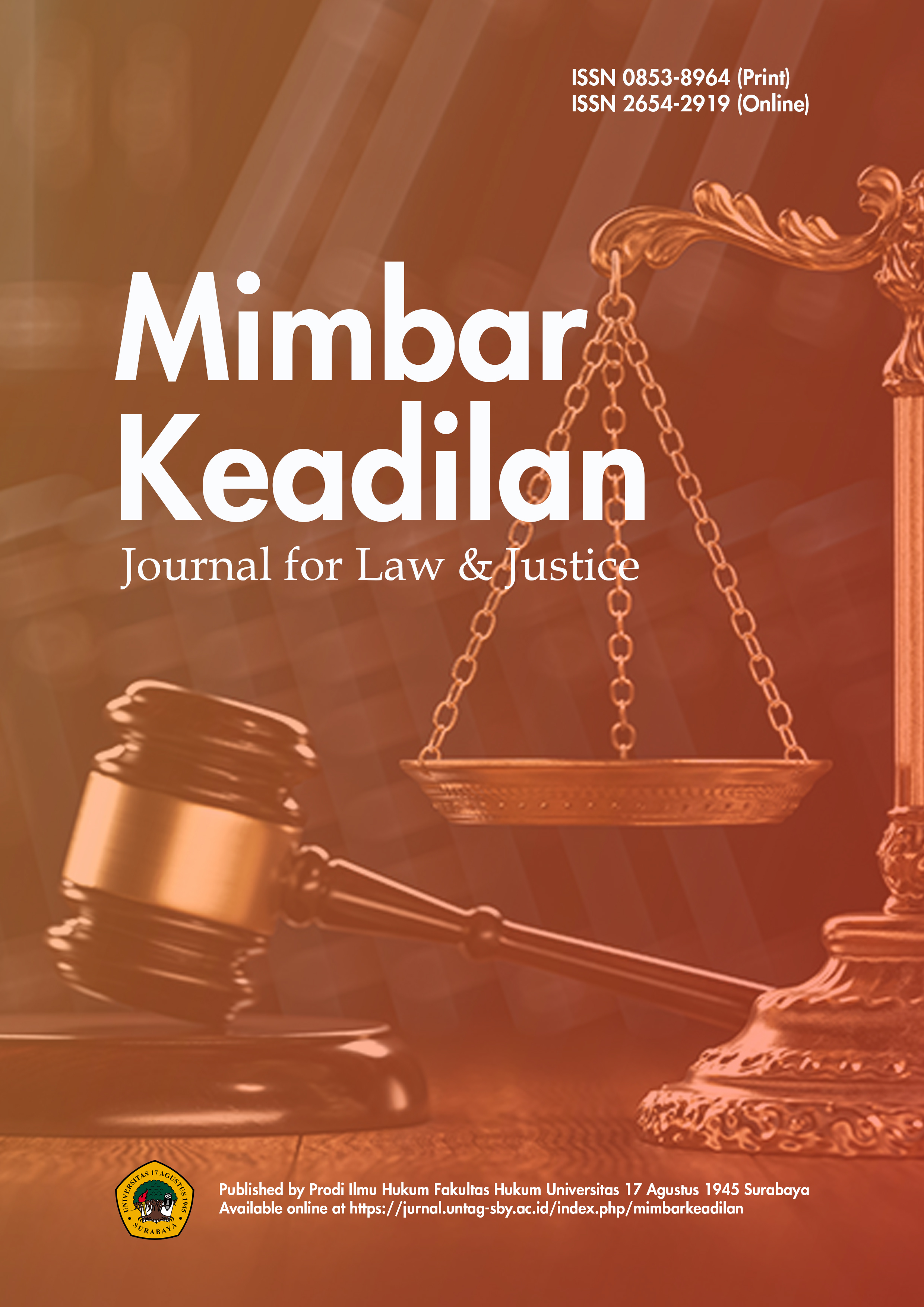Election Omnibus: Efforts to Realize Legal Certainty in General Elections in Indonesia
DOI:
https://doi.org/10.30996/mk.v18i1.11989Keywords:
election omnibus, legal certainty, election in IndonesiaAbstract
Constitutional Court Decision Number 85/PUU-XX/2022 explicitly states that there is no longer any difference between the Election regime and the Regional Election regime. This decision, in addition to providing legal certainty regarding which institution is authorized to resolve disputes over the results of the Regional Election, on the one hand also creates legal uncertainty itself. The legal uncertainty is regarding the extent to which the Regional Election regime is merged into the Election regime as stated in the decision, whether it is only limited to the principles of implementation and institutions authorized to resolve disputes over results or all of them. On that basis, this study aims to examine and analyze the urgency of forming an omnibus Election law in order to realize legal certainty for Elections in Indonesia. This research is a legal research using a statutory approach, conceptual approach, and case approach. The results of this study indicate that the meaning of merging the Regional Election regime into the Election regime must be interpreted as a whole. Starting from the organizing institution, the principles of implementation, to the institution authorized to resolve disputes over results. So, it is important to form what is called an omnibus Election law. This is because to realize legal certainty; To implement Constitutional Court Decision Number 85/PUU-XX/2022; and To realize a meaningful election.
Downloads
Downloads
Published
Issue
Section
License
Authors who publish with Mimbar Keadilan agree to the following terms:
- Authors transfer the copyright and grant the journal right of first publication with the work simultaneously licensed under a Creative Commons Attribution-ShareAlike 4.0 International License.. that allows others to share the work with an acknowledgement of the work's authorship and initial publication in this journal.
- Authors are able to enter into separate, additional contractual arrangements for the non-exclusive distribution of the journal's published version of the work (e.g., post it to an institutional repository or publish it in a book), with an acknowledgement of its initial publication in this journal.
- Authors are permitted and encouraged to post their work online (e.g., in institutional repositories or on their website) prior to and during the submission process, as it can lead to productive exchanges, as well as earlier and greater citation of published work (See The Effect of Open Access)














